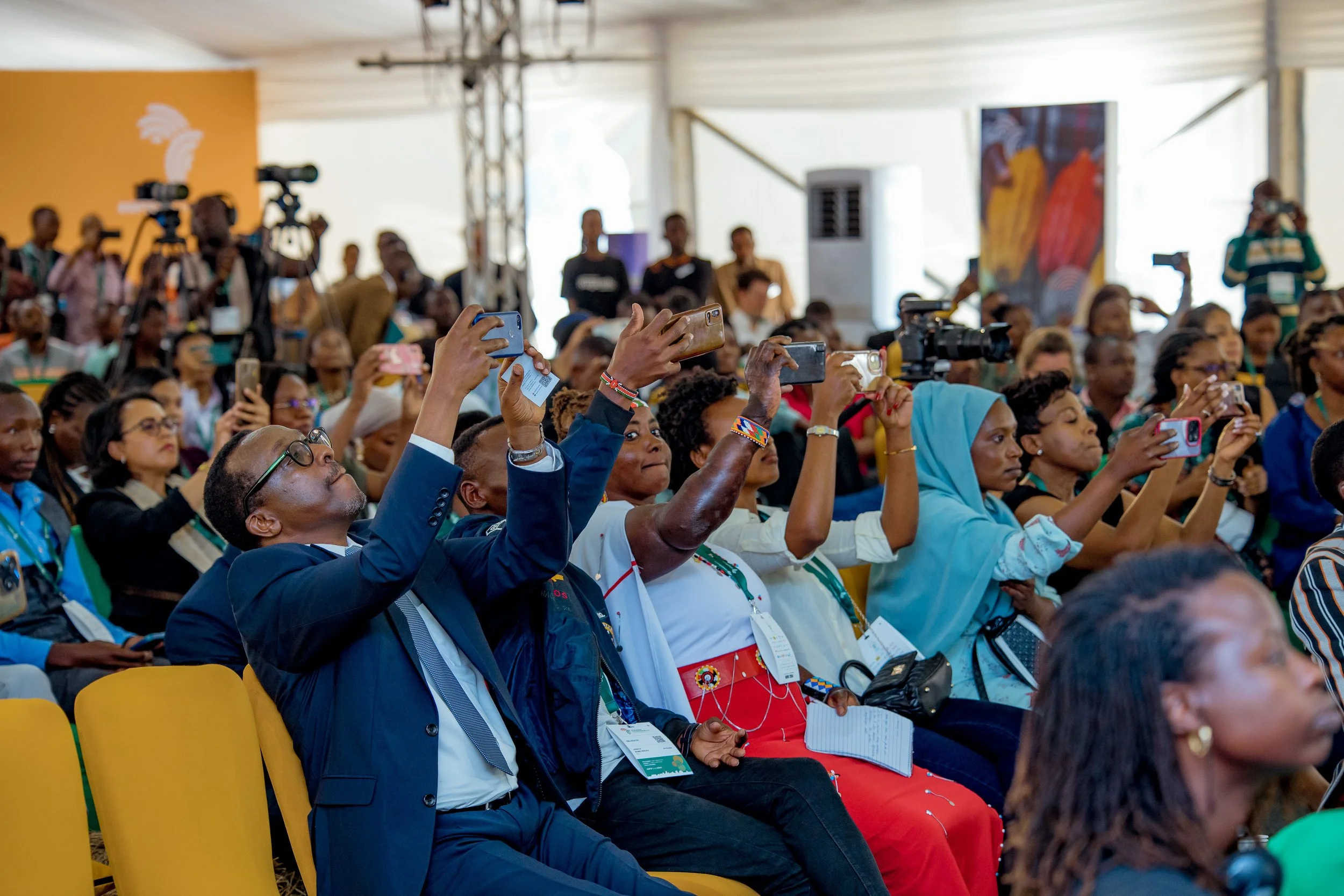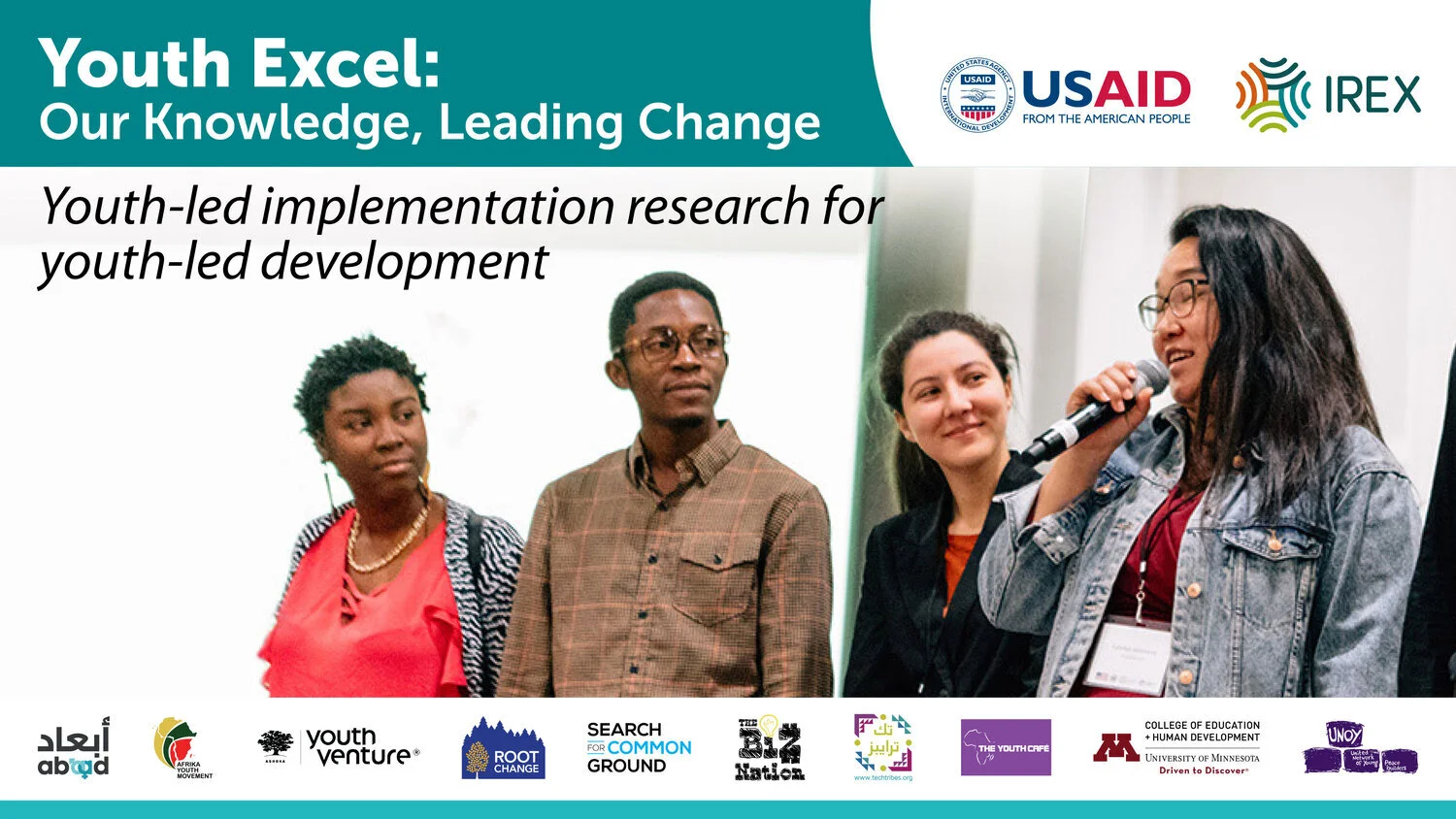The Youth Café is pleased to announce the official release of the book titled “Securitizing Youth: Young People’s Roles in the Global Peace and Security Agenda”. Published by Rutgers University Press and edited by the University of Georgetown’s by Marisa O. Ensor, the book gives various insights into youth and gender related involvement in peace and security issues that the world faces in the modern era.
The Youth Café And African Boy Child Forum
At The Youth Café, we try to dive deeper and strive to understand the more nuanced image of the dynamics of masculinity’s social construct as we hear the conflicting accounts of experiences from young boys and men. We try to empower young people, inclusive of all genders and seek to comprehend the complex societal pressures and circumstances that young men face as they strive to build masculine identities. We aim to develop strategies that seek to motivate young men to cultivate non-violent, non-abusive, less dangerous versions of masculinity in favor of more life enhancing ideas to benefit Africa as a whole.
The Youth Café Are Finalists For WIN WIN Gothenburg Sustainability Award
The Youth Café is extremely humbled and honored to be chosen as one of the five finalists for this year's WIN WIN Gothenburg Sustainability Award. The WIN WIN Youth Award is an international award that aims to empower and reward young people who play an active role in the creation of a more sustainable future. It is one of the world’s leading sustainability awards and has for the last 21 years awarded individuals and organizations for its contribution to a sustainable world.
The Youth Café Launches Its 2021-2023 Strategic Plan
According to the three-year strategic plan, The Youth Café seeks to build a world on the collective principles of solidarity, justice, equity, universality, inclusion, human rights, diversity, and the integrity of the planet. Founded in 2012, the Kenyan Based NPO aims to model, inform, and advance youth-led approaches to sustainable development, environmental stewardship, social equity, democratic governance, and economic viability by making use of innovative research, media, policy, advocacy, as well as cross-cultural and intergenerational partnerships. To date, the organization has reached 1.6 million young people across Africa.
Digital Media Literacy Focus Group Discussions
Collecting in-depth qualitative data to get insightful perspectives and understanding digital media literacy in Kenya. Media literacy is a tool to prepare future generations to combat the rising tide of information warfare. A thorough fact-checking process that delineates disinformation, misinformation and teaches to differentiate between clickbait, satire, pseudoscience, conspiracy theories, and other content on the internet is necessary.
Partnering With Films Pour Enfants | TAKORAMA Children's Film Festival
Since, one of the focus areas highlighted in the Theory of Change is Education and Skills. The Youth Café aspires to provide high quality education and training systems that are efficient and that facilitate young people’s access and integration. Through our collaboration with Films Pour Enfants, we hope to harness the skills and apply the knowledge from both organizations to build an educated society.
Steering The Media Literacy Week
How the Digital and Media Literacy persona event creation went down!
Digital Media Literacy Focus Group Discussions
With the shift in technology, young people should be able to embody this new subculture of digital transformation while still considering the ethical and moral principles that should apply. If we can't be able to coexist peacefully in the digital space, then media sustainability is in danger. Media freedom is surely the heart of a helpful democracy when used to embrace the unique perceptions and stances of different people.
The USAID's Youth Excel Launch | Leverage Youth-led Research And Learning In International Development
The Youth Café has been working with partners to produce research relevant to young people such as the more recent Covid-19 impact on youth in partnership with University of Sussex. How do you see youth-led research impacting youth development in a way the more “traditional” research doesn’t?











